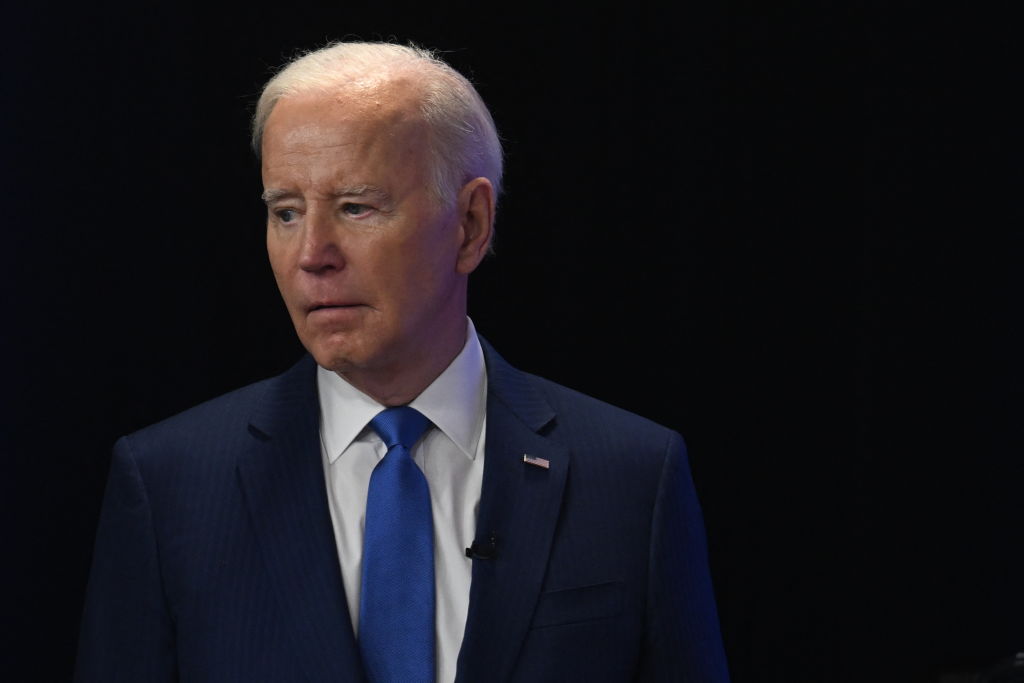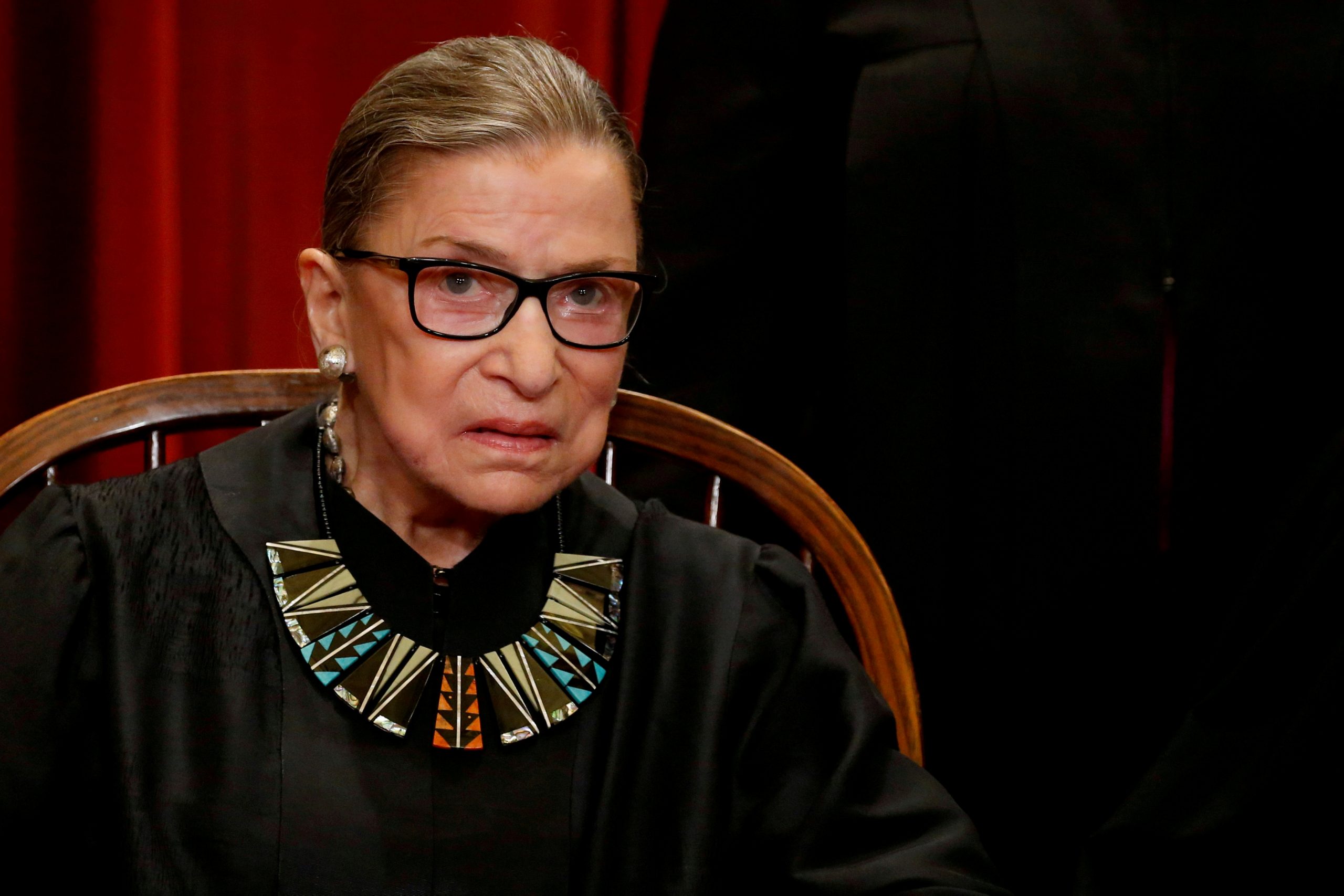Bipartisanship flared in the House on Wednesday in an effort to snuff out the Biden administration’s war to effectively ban gas stoves.
The House voted 251 to 181 in favor of the amendment from Republican Rep. Gary Palmer of Alabama that would “prohibit the Secretary of Energy from implementing its proposed rule regarding gas stoves, or any other rule that would limit consumer access to gas stoves.”
To hit that total, 29 Democrats voted along with 222 Republicans.
The Biden-era Consumer Product Safety Commission at one time wanted to ban the stoves, but after that concept was shelved, a proposed Department of Energy regulation called for new energy efficiency standards that amounted to a de facto ban by setting standards few existing stoves can meet, according to Fox News.
Palmer, head of the House Republican Policy Committee, said Democrats who did not support his bill are making life harder for average Americans.
“Despite all their words to the contrary, House Democrats are supportive of federal bureaucrats’ attempts to ban gas stoves. By voting against my amendment to prevent the Department of Energy from implementing its anti-natural gas agenda, they have shown themselves to be complicit,” Palmer said.
Glad the House passed my amendment to H.R. 1 preventing @ENERGY from banning 50% of gas stoves on the market.
This de facto gas stove ban was supported by 181 Democrats who are complicit in Biden’s quest to control your kitchen appliances.https://t.co/N1wVNU7J3E
— Gary Palmer (@USRepGaryPalmer) March 29, 2023
“Clearly, the plan to ban gas stoves was already in the works even before federal bureaucrats said the quiet part out loud earlier this year,” he said.
“Republicans are meeting this attempt to dismantle American energy head on and will continue to empower Americans to choose what appliances belong in their kitchens, not have it dictated to them by a bureaucrat with a political agenda.”
The House has yet to vote on the bill to which Palmer’s amendment is attached. If the bill passes the House, it would then head to the Senate, where it would also require Democratic support to pass.
Democrats voting with Republicans on the amendment were: Colin Allred of Texas, Nikki Budzinksi of Illinois, Yadira Caraveo of Colorado, J. Luis Correa of California, Jim Costa of California, Angie Craig of Minnesota, Henry Cuellar of Texas, Donald Davis of North Carolina, Lizzie Fletcher of Texas, Ruben Gallego of Arizona, Jared Golden of Maine, Vicente Gonzalez of Texas, Josh Gottheimer of New Jersey, Daniel Kildee of Michigan, Raja Krishnamoorthi of Illinois, Greg Landsman of Ohio, Kathy Manning of North Carolina, Jared Moskowitz of Florida, Frank Mrvan of Indiana, Jimmy Panetta of California, Chris Pappas of New Hampshire, Mary Sattler Peltola of Alaska, Marie Gluesenkamp Perez of Washington, Kim Schrier of Washington, Abigail Davis Spanberger of Virginia, Greg Stanton of Arizona, David Trone of Maryland, Marc Veasey of Texas, and Susan Wild of Pennsylvania.
As the House put up resistance to the ban on gas stoves nationally, New York state — which has a Democratic governor and a legislature controlled by Democrats — is moving forward with its ban.
Republican state Senate Minority Leader Rob Ortt told Fox News the New York proposal was absurd.
“If we think that gas stoves are the reason for climate change — that’s just that’s ridiculous. We’re not going to stop the polar ice caps from melting because my mom has to use an electric stove,” he said.
The legislation that is expected to pass will “increase people’s utility rates in the state of New York. It is going to decrease energy reliability in the state of New York, and it will do nothing to fight climate change,” he said.
“It is much bigger than just gas stoves. This is an attack on energy diversification, it’s an attack on working people who pay utility rates. It’s going to increase their rates, it’s going to drive out employers, it’s going to drive people out of the state. And we’re going to have nothing environmentally to show for it,” he said.
“All we’re going to have is less people living here, higher taxes, less energy reliability. Our policy here in New York for a long time has been to export jobs and import energy. That is the New York energy policy. And, obviously, it’s been a bad one.”
This article appeared originally on The Western Journal.























